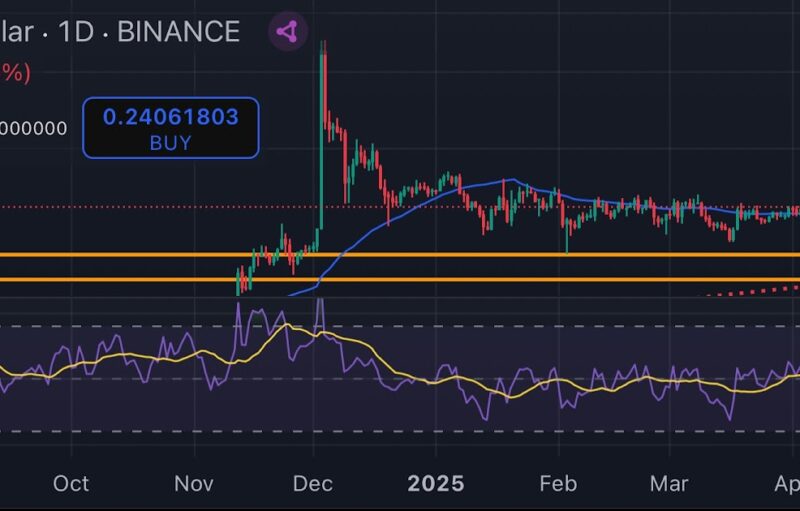
Cryptocurrency is all over the place now and the Nordic countries are definitely not an exception to it. Norway, Sweden, Finland, and Denmark are now considered to be countries with the best standards of living. However, they can also offer a lot in terms of cryptocurrencies and blockchain technologies.
That is a no-surprise anymore that those countries are the first ones when it comes to commodities, innovations, etc. For instance, Swedes are known for supplying the whole world, especially the EU with vibrant furniture and cars. At the same time, there is Norway which is literally an ‘economic powerhouse’ within Europe.
Apart from that, it seems like the Nordic countries are slowly but surely moving towards the legalization of the gambling industry. The online gambling market is booming right now. And, therefore, it might be gaining momentum for platforms with no wagering casino bonuses to start establishing certain agreements are relationships with the Nordic authorities.
Many people in Scandinavia believe that blockchain can use in the financial sector as well as outside of it. And the entertainment industry is definitely one of those areas that can largely benefit from the implementation of blockchain technology. Thus, Scandinavians are now actively working on developing ways to use innovations in the gaming sector. It might start with eSports and can end with gambling websites.
Generally speaking, Scandinavia is a very attractive region for blockchain developers who are thinking about establishing a blockchain-powered society. The investments are easy to make and the energy is relatively cheap there. Scandinavia is gradually becoming a crypto paradise, especially thanks to the Nordic Blockchain Association’s efforts.
Basically, there is now a major leader that is setting trends for crypto development in Scandinavia. That is a Denmark-based startup Coinify that is now not only offering a cryptocurrency exchange platform but also an integrated API for businesses. It is also the company thanks to which many merchants are now eligible for accepting payment in crypto.
Norway
The government in Norway is still being very cautious with cryptocurrencies and the risky nature of these digital assets. It all started in 2013 when they got warnings about Initial Coin Offerings in the country.
The taxation system in Norway is pretty smart and based on complete trust between the government and authorities. Every Norwegian citizen owning cryptocurrency should report it to the relevant authorities. Also, they indicate the number of coins he/she holds and the amount she/he makes through trading with there per month.
However, the majority of crypto investors were still trying to avoid this taxation system. That is why the government of the country decided to exempt cryptocurrencies from VAT tax and, therefore, show its intention to switch to a more crypto-friendly regime.
Notably, Norway now has the very first smart city, Liberstad, where the cryptocurrencies will be used as a main medium of exchange.
Earlier this year, a Norwegian savings bank has invested in a cryptocurrency exchange. And that was launched by local business magnate Bjorn Kjos.
Sweden
Sweden is similar to Norway in a way that it has no particular cryptocurrency regulations. It doesn’t require local crypto companies to register as investment service providers or disclose data about their customers.
However, all citizens here are still obliged to provide authorities with the information regarding how many crypto coins they hold and whether they trade with those. After, the tax will be calculated accordingly.
There is also no VAT taxes for cryptocurrency companies existent here. But the future of the asset is still a bit blurry and unclear. As recently the Swedish Central Bank has mentioned one more time that Bitcoin is a very risky investment and not a subject to any compensation policy from the government. Therefore, the hopes that the crypto will be ever fully adopted there are pretty much dead right now.
However, Swedish citizens are the ones who have been trying their best to implement crypto in the most creative way possible. One such was the creation of microchips that are supposed to store certain data using blockchain technology. And now thousands of Swedes are implanting those chips under their skin to replace their IDs, credit cards, and even train tickets with them.
The project is still being worked on as right now it can only store fiat currencies, but Swedish citizens already can pay in restaurants, retail stores, and everywhere where they can find a terminal.
Generally speaking, Sweden can be named a leader in crypto among other Nordic countries. And presumably, that is coming from the Swedish government’s open-mindedness. The Riksbank (one of the Swedish banks) has already started talking about the possible creation of a complement to cash, ‘e-krona’.
Finland
The Finnish government has not yet established any certain regulations on cryptocurrency. However, the central bank and other financial regulators of the country keep warning citizens about the risks associated with digital assets.
The only authority that keeps silent for obvious reasons is the Finnish Tax Authority that has gained millions in capital gain tax. The principle of the tax is pretty easy to gras. If the city decided to convert crypto (especially Bitcoin) into fiat currency, then that would be a capital gain and would fall under taxation.
People in Finland are now concerned that the government might want to ban cryptocurrencies due to the disruption. Also, It is causing in the country’s state-run gaming monopoly. All Nordic countries, except Denmark, have a state-run gaming industry that is supposed to minimize the citizens’ participation in it.
Regardless of all of that, Finland’s crypto regulation is now starting to be in its full effect. The first five crypto service providers were officially registered and approved for legal operation in Finland.
Denmark
Even though Denmark, like other Nordic countries, does not have any official regulatory framework for cryptocurrencies, it has a number of guidelines for capital gains and VAT taxes.
The capital gain tax works exactly as it does in Sweden or Finland. But when it comes to VAT tax, it’s getting a bit more complicated. Crypto payments are not usually subject to this kind of tax, but when selling a certain product or service is being operated through crypto, then it is a different deal.
As already mentioned, Denmark is the only one out of the Nordic countries that do not have a state-run gaming monopoly. A Denmark-based decentralized exchange OpenLedger, for instance, has received an investment of $1.6 million to develop its projects. One of those was GetGame which was a blockchain-based Kickstarter for both gamers and developers. However, regardless of its revolutionary nature, the platform is not available anymore.
That is pretty much everything you need to know about the cryptocurrency in Scandinavia. There is definitely a positive and crypto-friendly environment in all of those countries, but crypto has still a long way to go until it will be fully accepted and popularized.
The post appeared first on Coinpedia






